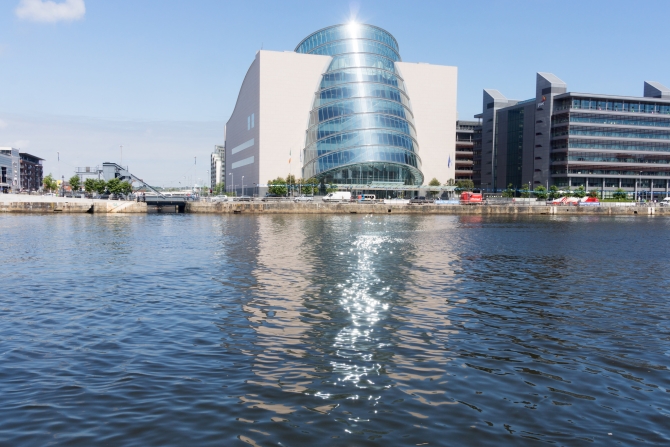The National Asset Management Agency (NAMA) is planning to sell off at least 80 per cent of its “senior debt” by the end of 2016, two year’s ahead of a deadline set by the Irish government.

After its busiest sales quarter for three months, the agency — which is now one of the world’s largest property groups — is accelerating the disposal of its remaining assets because of what its chairman describes as a “remarkable turnaround” within the property market.
Founded in 2009, after the property crash left the Irish economy near collapse and pushed the country into a three-year European Union and International Monetary Fund bailout that ended last year, NAMA paid €32bn (£25.3m) to purge Irish banks of €74bn (£58bn) of risky loans.
Since then the so called “bad bank” has disposed of assets worth €16bn (£12.6bn), initially choosing to sell off British properties. It generated over €5bn (£3.9bn) from sales in Ireland this year compared to €3.7bn (£2.9bn) for the whole of 2013. And in April it sold its entire portfolio of loans belonging to Northern Ireland-based debtors.
In a statement the agency said: “The strong improvement in conditions in the Irish commercial property market over the past year, particularly since mid-2013, has created opportunities for NAMA to increase the flow of Irish property assets and loan sales to the market.”
It added that it was now reasonable to expect that NAMA would be in a position to repay its senior and subordinated debt and may also return a profit to the state by 2016.
The prediction is in line with the Irish government’s recent announcement that it wants to see the agency move from “being the undertaker to a successful investor”.
Outlining his vision of NAMA’s reinvention Irish finance minister, Michael Noonan, said he wanted its role to change from a manager of toxic debts to that of investor in housing and the backbone investor of the capital’s dockland regeneration scheme which, he claimed, would have “the potential to be the Canary Wharf of Dublin”.
In total, the minister said, NAMA owned 22 hectares within the docks, enough space for 3.8 million sq ft of office development and room to build at least 2,600 apartments.
“If you look at all the European cities and the great American cities, there is hardly any city left that has such an extensive piece of development land so near its heart which also has a waterfront. This piece of land is unique,” Noonan added.
The agency is also a major owner of land close to Dublin Airport, where assets could be redeveloped as either a new industrial or residential area, and it is currently working on plans to develop other vacant sites in Cork, Limerick, Galway and Waterford.
Previous Post
Retail “Chameleons” prove Popular on the High Street